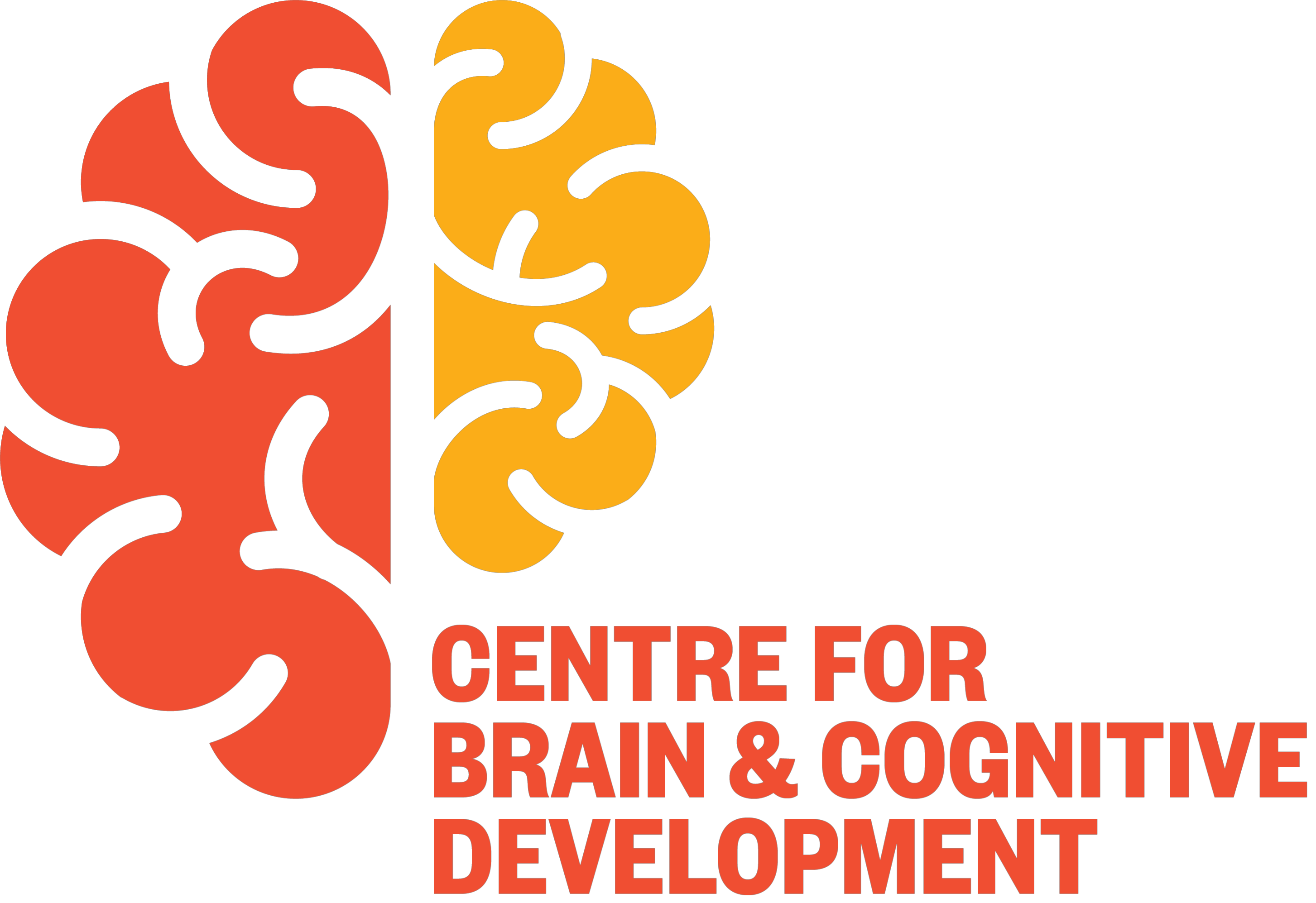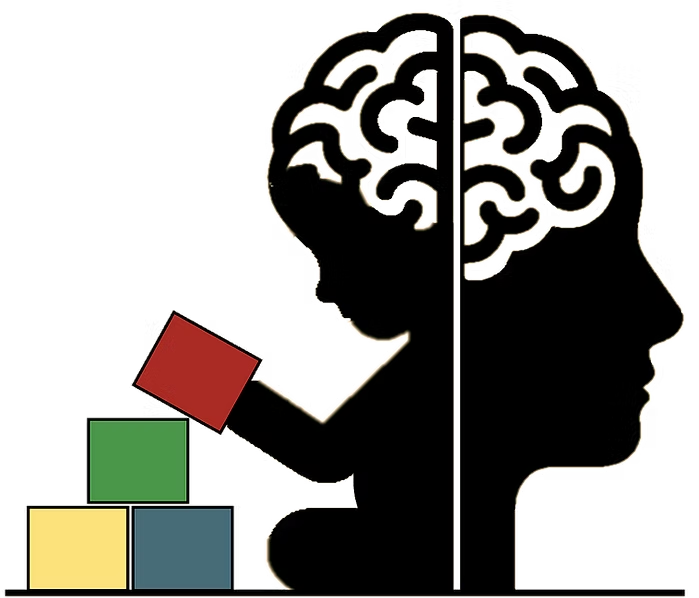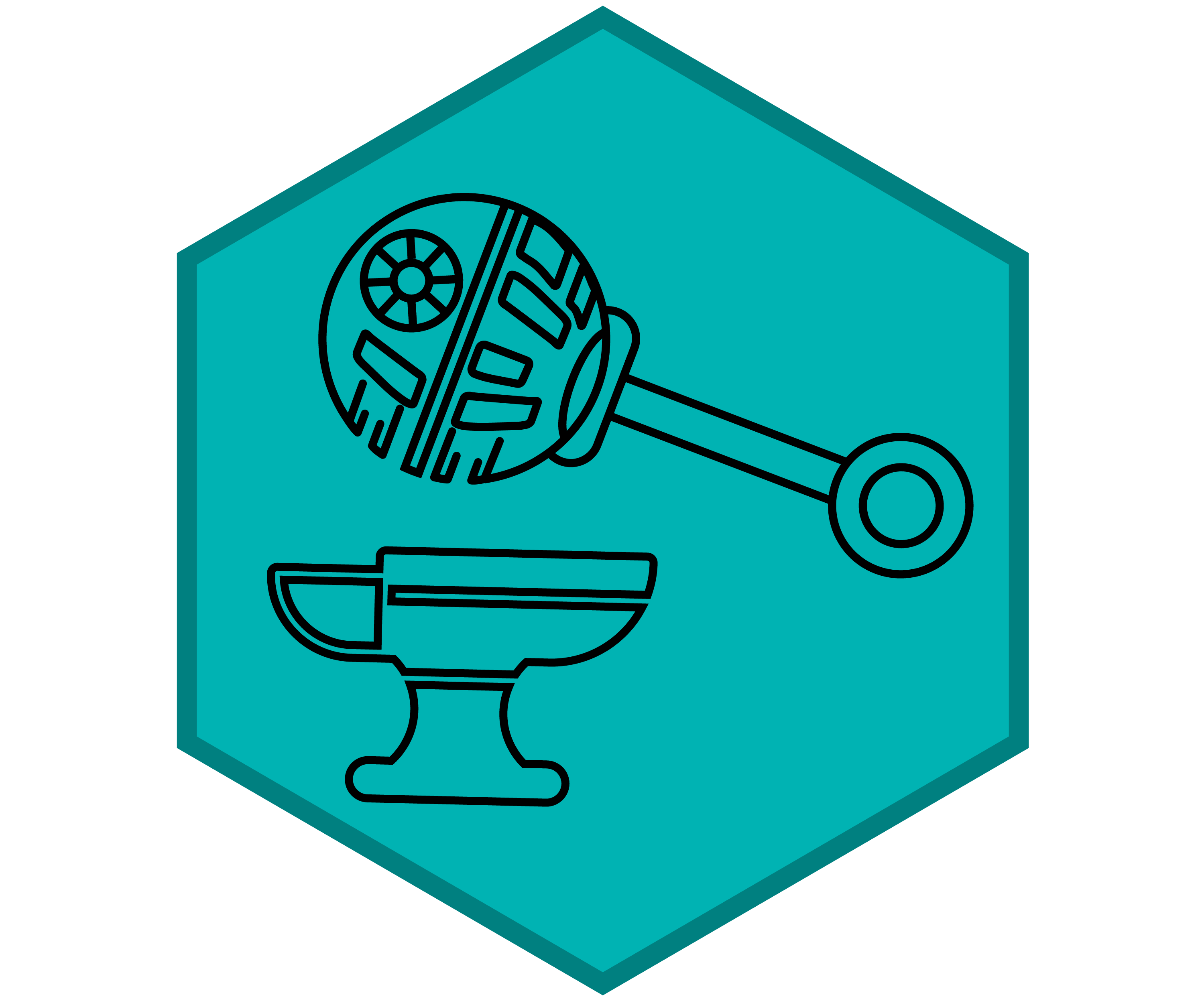forDevelopmental Scientists
devstart, workshop, eye-tracking, developmental-science, open-source-tools, tobii-eye-trackers, python-experiments, r-data-analysis, mixed-effects-models, psychopy, eye-tracking-methodologies, cognitive-research, open-science, developmental-research
Bloomsbury, London
Eye-tracking is a powerful tool for studying cognition, particularly in developmental science where participants like infants and young children cannot verbally communicate their thoughts. This comprehensive two-day workshop is designed to equip developmental scientists with the skills needed to effectively design, implement, and analyze eye-tracking experiments. To promote open science without financial barriers, we will use open-source tools throughout the workshop, ensuring the techniques and methods are accessible and widely applicable.
Day 1 covers the basics of eye-tracking studies. Participants will learn to build experiments using Python and PsychoPy, connect and calibrate Tobii eye-tracking hardware, and collect gaze and pupil data. The day also includes preprocessing with the I2MC algorithm and defining Areas and Times of Interest to extract measures like saccadic latency and looking time.
Day 2 focuses on data analysis using R, including linear, generalized linear, and mixed effects models. Participants will learn to handle different variables, interpret interactions, estimate effects, and validate models, applying these techniques to eye-tracking data through hands-on sessions. The day will conclude with a poster session, providing attendees the opportunity to present their research projects, share their current efforts and future plans, and engage in collaborative discussions.
By the end of the workshop, participants will have a comprehensive understanding of the entire eye-tracking research process—from experiment design and data collection to advanced data analysis.
The workshop will be held on 3-4 April 2025 in Bloomsbury, London.Please note that seats are limited, and registration will remain open until all spots are filled. Updates will be posted on the website as availability runs low.
Although this workshop will focus on leveraging Tobii eye-trackers for data collection, the concepts, preprocessing, and analysis techniques covered are universal and can be applied to eye-tracking data from any system.
This workshop is founded and hosted by the Physical Cognition Lab, the Centre for Brain and Cognitive Development and Leverhulme Trust.




